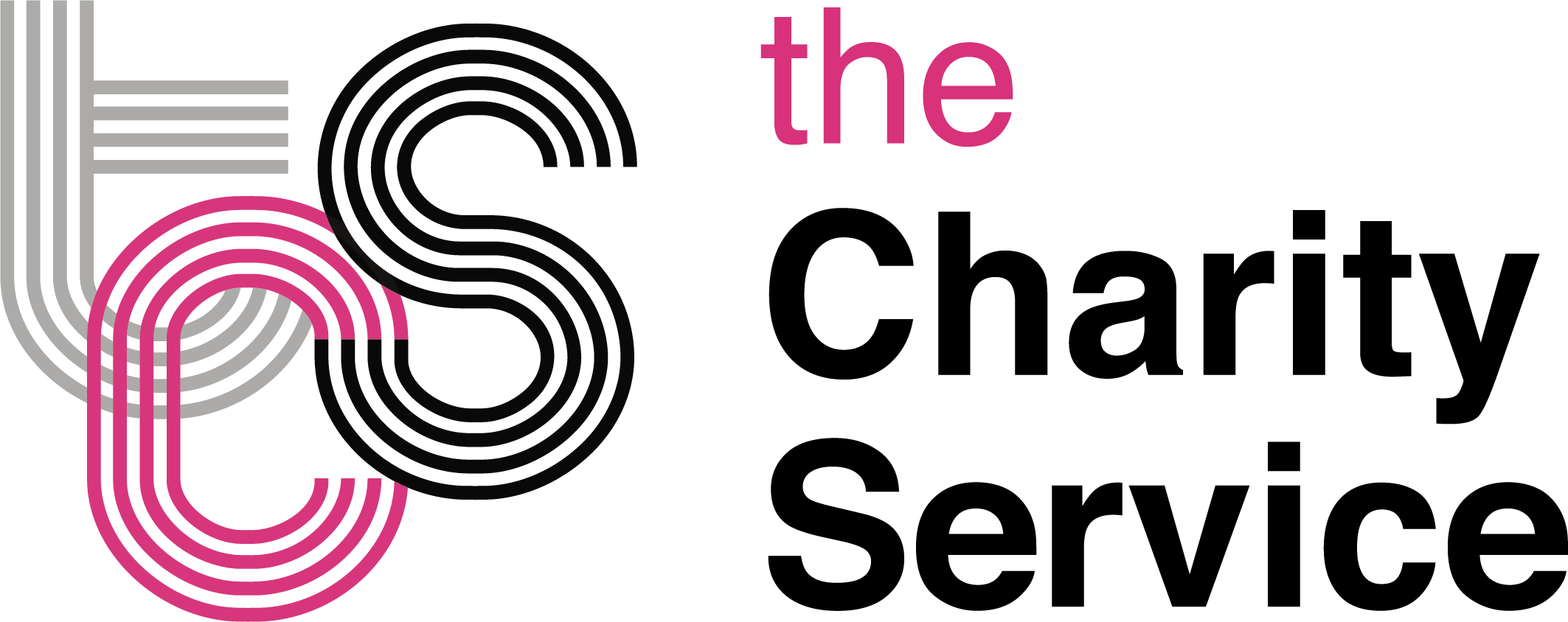This blog post is about anonymous giving in particular the reasons donors might want to remain anonymous, how a Donor Advised Fund (DAF) can help and how we balance that with our values of transparency, trust and openness.
What is a Donor Advised Fund (DAF)?
A DAF is a philanthropic fund held by a registered charity such as The Charity Service which allows major donors to make a charitable donation, receive immediate tax relief and then recommend grants over a period of time (typically several years). Donors may choose to make further donations into their DAF to support their long term giving strategies. DAFs are a growing vehicle for charitable support in the UK due to the low administrative burden, immediate tax relief and flexibility they offer.
A further advantage of a DAF is that donations can be truly anonymous as the charity receiving the grant has no direct contact with the DAF holder unless the DAF holder requests otherwise.
Anonymous Giving
Many of our DAF holders prefer to give anonymously, something that is often considered one of the key benefits of giving via a DAF. There are many reasons for this – some donors prefer to avoid the “administration” of public giving including further requests for funding and even stewardship activities such as receiving reports, requests for meetings, event invitations which can be time consuming and burdensome. Other donors give to charities that operate in their local area or have staff/trustees that they know and the donor would like to avoid being perceived differently because of their giving. Others give for highly personal reasons such as donating to a medical charity due to family experience of a condition and they would prefer not to have others infer that connection through their giving.
All of these reasons are important and worthwhile and we are very happy to facilitate anonymous giving for our DAF holders who prefer to give anonymously.
We also recognise that public giving can be a powerful way to inspire others and that some donors prefer to build close relationships with their grantees even when their donation is granted through a DAF. In these cases a donor may prefer to give publicly and we can pass on a donor’s name or other information where requested. Some donors prefer a mix of anonymous and public giving depending on the grant recipient or value of the grant. As a DAF provider we are able to be flexible and support our DAF holders to give anonymously or publicly as they prefer.
Anonymous Giving and Transparency, Trust and Openness
We balance the needs of donors who prefer to give anonymously with our values of transparency, openness and trust. We follow the Charity Commission’s Know Your Donor Toolkit whenever accepting new donations and we ensure that we collect the information necessary to understand where funding for a DAF has come from. This should reassure grant recipients as well as reducing the administrative burden on them.
In turn we follow a clear due diligence process on charity recipients for all requested grants including overseas grants and on occasion will turn down grant requests if we are not confident that a grants will be wholly used for charitable purposes under UK law.
We also work with charity recipients to understand their internal grant acceptance procedures. On occasion a charity may not accept anonymous donations and in those circumstances we will go back to the donor to discuss alternatives including disclosing their name to the charity with an agreement the gift won’t be publicly acknowledged.
We are as transparent as we can be about the grants we make whilst still preserving our donors’ anonymity. We publish a breakdown of our grantmaking activities including grants made through DAFs as part of our annual report and where appropriate we will share grants made through The Charity Service on our website and LinkedIn page.
By taking this approach our aim is that all our stakeholders can be reassured and informed when making or accepting an anonymous grant.
To discuss anonymous giving or opening a DAF with us you can contact our Head of Philanthropy, Rachel Tomlins at [email protected].

